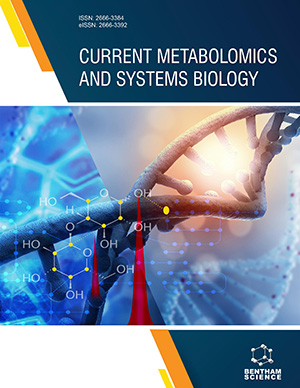Abstract
Monoclonal antibodies (mAbs) were firstly described by Köhler and Milstein in 1975, and their potential as powerful therapeutic agents recognized in the following years. Currently, the US Food and Drug Administration (FDA) has already approved 56 monoclonal antibodies for the treatment of several diseases, including cancer (e.g. breast cancer, leukemia and prostate cancer), auto-immune disorders (rheumatoid arthritis and Crohn’s disease), asthma, and cardiovascular and infectious diseases. Despite their advantages and therapeutic potential, the cost of manufacturing these biopharmaceuticals with high quality and purity level is still extremely high due to the absence of current cost-effective extraction/purification methods, and which has also impaired their widespread application as recurrent therapeutic agents. The upstream processing of mAbs has gone through several improvements in recent years, by using alternative expression systems or by optimizing the medium formulations and feeding strategies. On the contrary, the downstream processing is considered the bottleneck in the manufacturing of mAbs for therapeutic purposes at reliable costs, representing up to 80% of their total production costs – which is a frontier in clinical drug research. In the past years, several chromatographic and non-chromatographic alternatives have been explored for this purpose, resulting in the development of efficient platforms for the purification of mAbs, that are overviewed and discussed in this chapter. In summary, this chapter provides a vision on the current state of the art of the biopharmaceuticals market, on the production and use of mAbs as valuable therapeutic agents, including their use for the treatment of infectious diseases, while summarizing the mAbs-based products already approved by regulatory agencies. New insights concerning the development of new and alternative platforms or the extraction and purification of mAbs are also discussed, while envisaging the adoption of the most relevant techniques by the pharmaceutical industry to allow the widespread use of biopharmaceuticals in the near future.
Keywords: Affinity precipitation, Aqueous two-phase systems, Biopharmaceuticals, Biopharmaceutical market, Cancer, Chromatographic methods, Downstream processing, High performance tangential flow filtration, Infectious diseases, Ionic exchange chromatography, IVIG, Magnetic separation, Monoclonal antibodies, Multimodal chromatography, Non-chromatographic methods, Passive immunity, Pharmaceutical industry, Preparative electrophoresis, Purification, Therapeutic agents, Upstream processing.






















